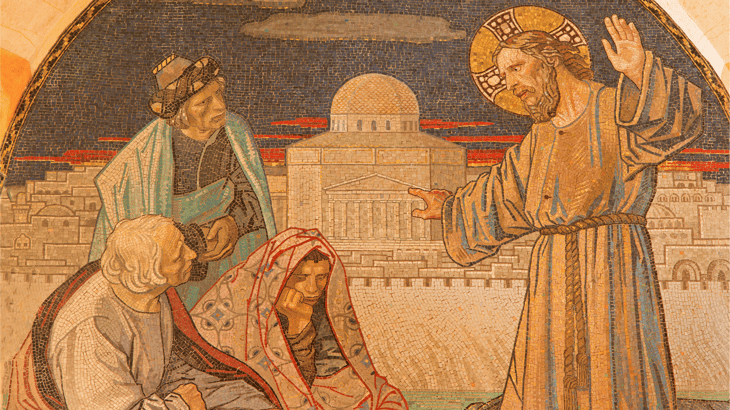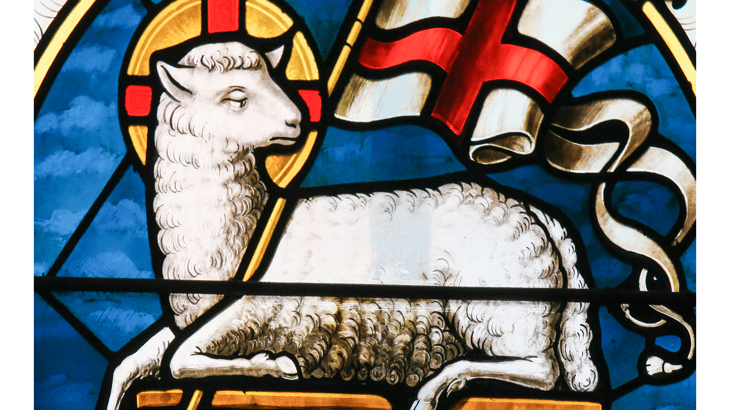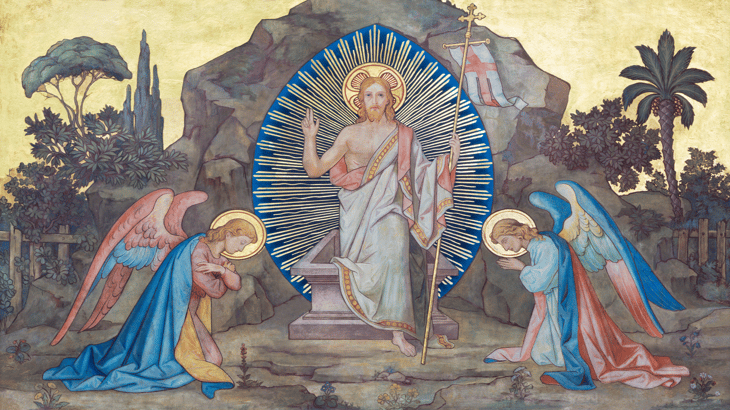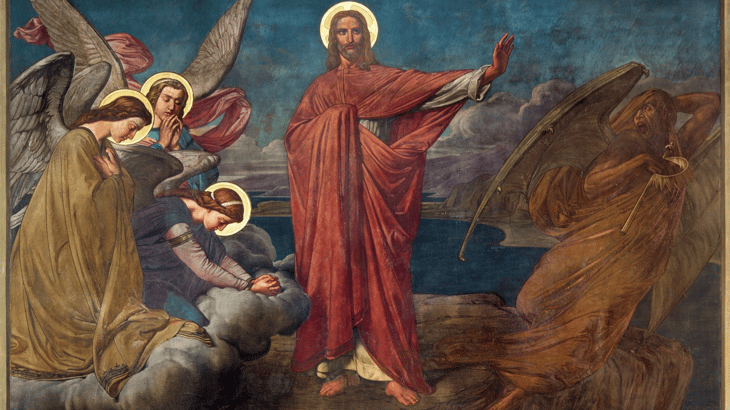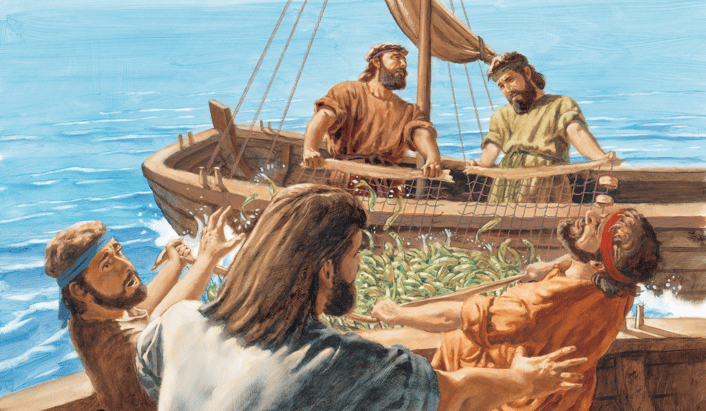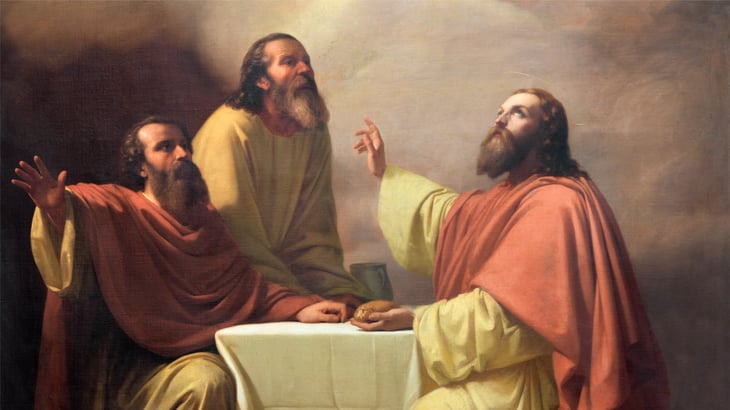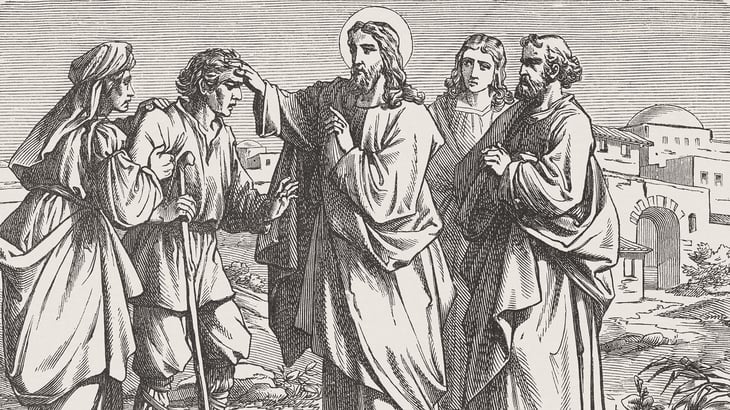Recent Posts by Phil Rigdon
Digging Deeper into Scripture: Luke 12:22–34
Anxiety can get the best of us, but even amidst our struggles, God promises to provide for all our needs. Read what Pastor Phil Rigdon has to say about the anxiety found in Luke 12:22–34.
Digging Deeper into Scripture: Luke 10:25–37
Discover salvation and sin in the parable of the Good Samaritan with Pastor Phil Rigdon’s insight.
Digging Deeper into Scripture: John 8:48–59
Explore Christ’s great confession, “Before Abraham was, I am” (John 8:58), to the Pharisees and the highlights of John’s Greek with Rev. Phil Rigdon.
Digging Deeper into Scripture: Revelation 21:1–7
Exploring the original Greek of Revelation 21, Pastor Rigdon shows us Christ’s words on the new heaven and the new earth promised to us in the last days.
Digging Deeper into Scripture: Luke 24:1–12
The resurrection of our Lord, despite the initial disbelief of the disciples, was no surprise. Rather, it was a promise repeated throughout the Old Testament and Christ’s own ministry. Best of all, this is just one of God’s many promises for you!
Digging Deeper into Scripture: Luke 4:1–13
Below, Phil Rigdon explores the temptation of Jesus as recounted in Luke 4:1–13.
Digging Deeper into Scripture: Luke 5:1–11
In Luke 5, Christ preaches to the crowds and grants a miracle of fish to Simon Peter and his fellow fisherman. This great mass of fish was only a precursor to the great catch of the faithful that Christ has won for God through His Word and ministry.
Digging Deeper into Scripture: Micah 5:2–5a
As a prophet familiar with patience, Micah’s words are especially pertinent during our wait for Christmas during Advent.
Digging Deeper into Scripture: Mark 13:24–37
In this passage, Christ alludes to the end times and His second coming on Judgment Day. He also asserts that it is only the Father who knows when this day will come. He does all this in Jerusalem, just before Holy Week.
Digging Deeper into Scripture: Mark 10:46–52
This passage marks a turning point in Jesus’ ministry. He completes His work in Judea and Perea and moves toward Jerusalem, where our Lord will make His triumphant entry and begin Passion Week, culminating in the cross.




